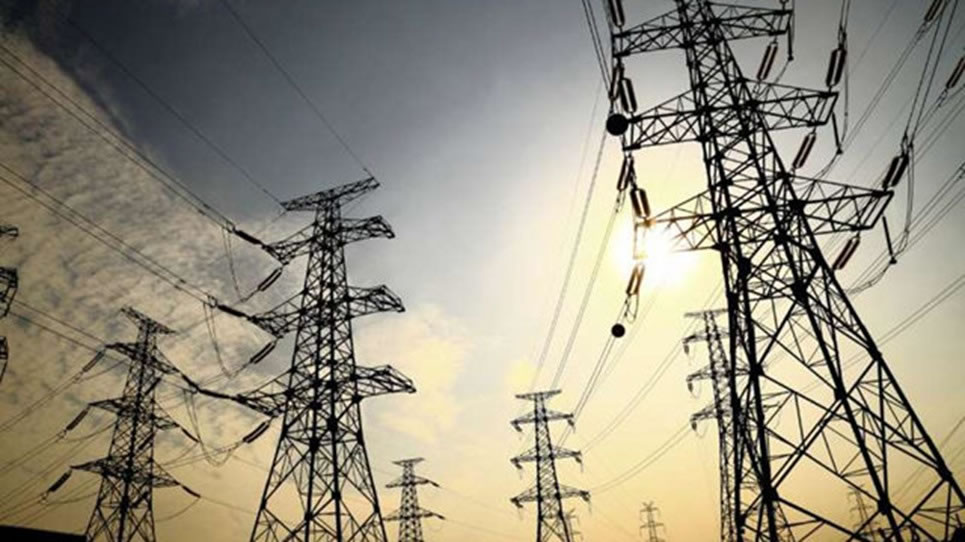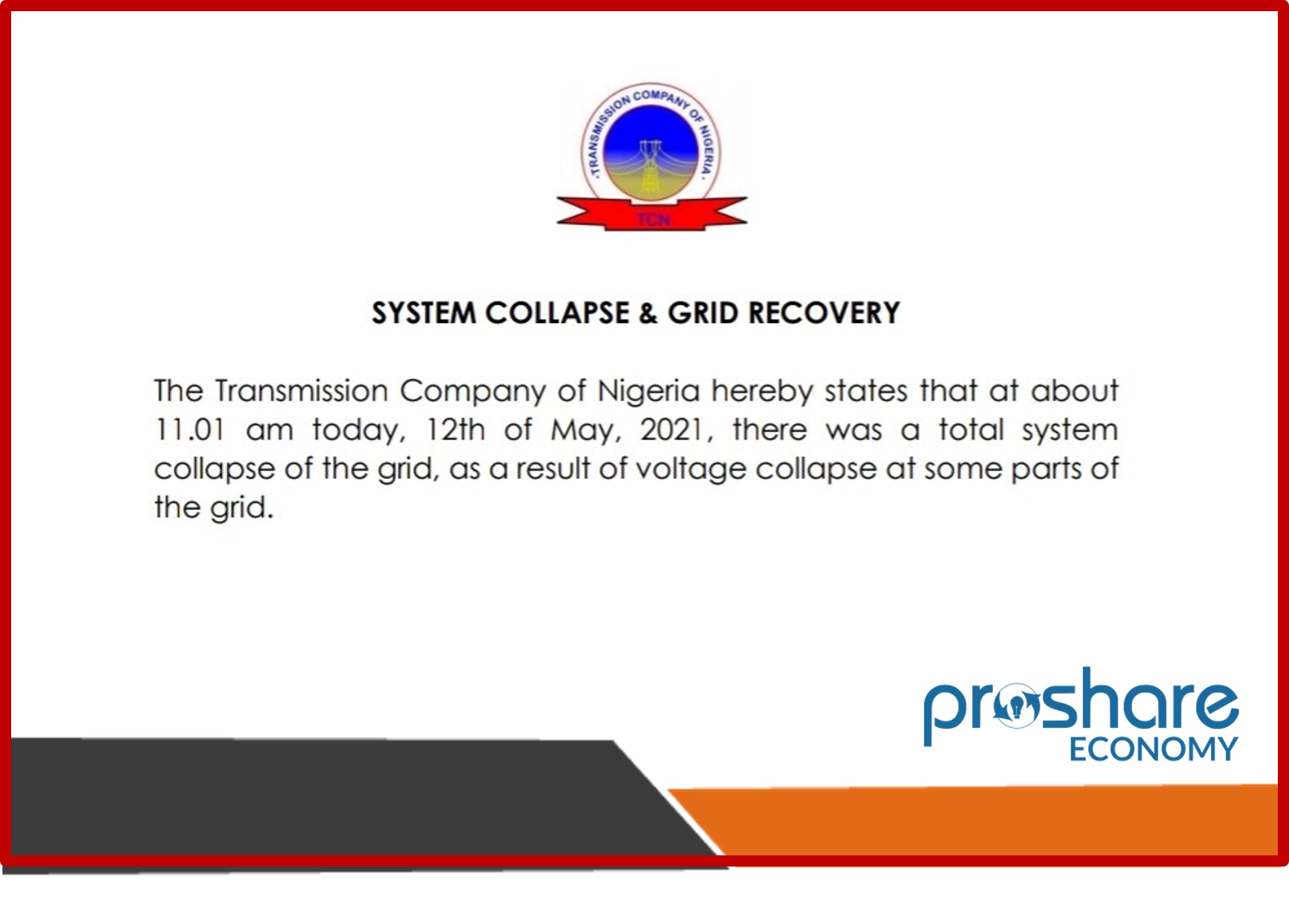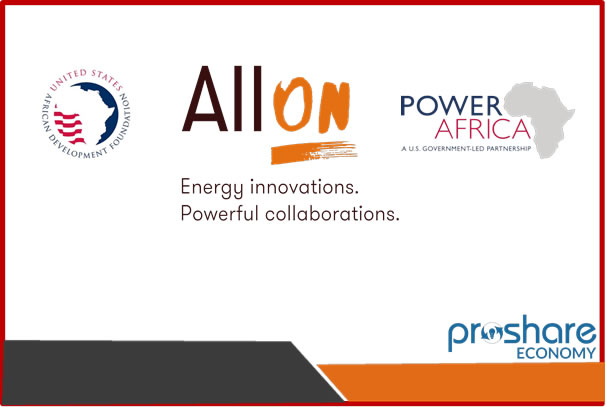According to a Punch news report, the House of Representatives has resolved to investigate the incessant collapse of Nigeria’s power grid and the failure of the Transmission Company of Nigeria. At the plenary on Tuesday, the House mandated its Committee on Power to investigate the root causes of the incessant national grid collapse in the country viz-a-viz TCN’s capacity to address the ugly trend, to forestall future occurrences and protect our already fragile socio-economic environment. The lawmaker noted that available statistics from research shows that if the power generated is adequately wheeled and transmitted for distribution to consumers, there will be a 30% reduction in the cost of generating power, thus leading to a corresponding reduction in the prices of utilities in the electricity supply industry.
Nigeria has continued to suffer nationwide power outage largely due to the collapse of the national electricity grid. As earlier noted, between 2010 and 2020, the national grid has collapsed a total of 216 times. From the incessant collapse of the national grid to electric sparks resulting in fire incidences, it goes without saying that Nigeria’s power infrastructure is giving way to neglect and underinvestment. We had noted that there are 24 operational power plants, but many times, nine of these account for about 80% of generation due to their size and availability. The implication is that the (over) reliance of the grid on the energy supplied by nine power plants may pose a risk to network stability in the event of a sudden loss of any of them unless adequate proactive measures such as spinning reserves are put in place. Spinning reserves are backup energy production capacities that can be made available to the system operator (for transmission) within ten minutes of a power system failure and can operate continuously for at least two hours once brought online.
It goes without saying that transmission is a critical aspect of the power value chain. The GenCos and the IPPs can ramp up available capacity closer to installed capacity; the DisCos can improve their distribution networks, optimise metering, and improve collections efficiency; and gas supply and the gas transportation pipeline network can be made fit for (domestic) purpose; but, if it is not possible to transmit the electricity produced by the GenCos to the DisCos consistently and effectively, the entire system collapses figuratively and physically. Electricity cannot be stored so that which is not transmitted will be stranded due to lack of evacuation capacity. Nigeria’s electricity transmission infrastructure has also suffered from lack of investment over many decades.
 Lagos, NG • GMT +1
Lagos, NG • GMT +1











 218 views
218 views













 Sponsored Ad
Sponsored Ad
 Advertise with Us
Advertise with Us









